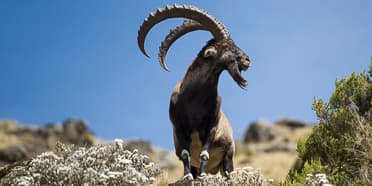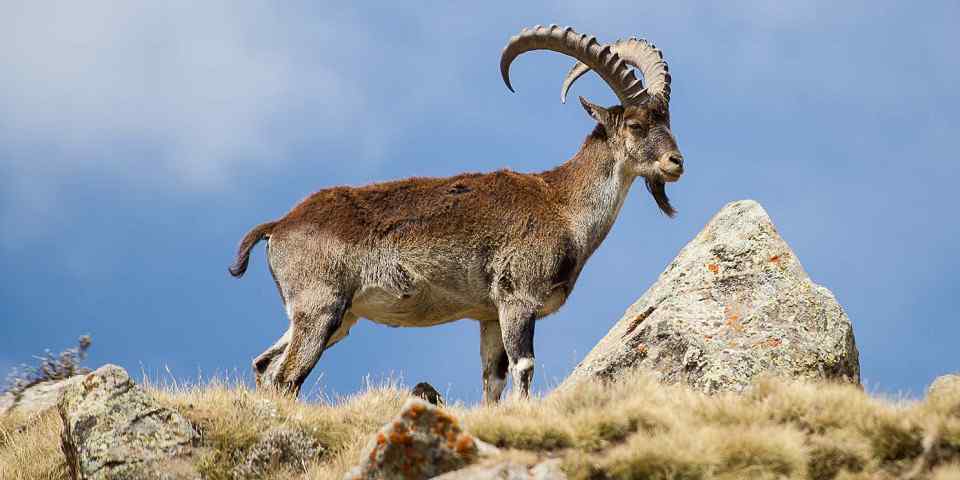
Safari Tours to Simien Mountains NP
-
![12-Day Ethiopian Mammal Watching Tour]()
12-Day Ethiopian Mammal Watching Tour
$3,190 pp (USD)
Ethiopia: Shared tour (max 4 people per vehicle)BudgetCamping & Lodge
You Visit: Addis Ababa (Start), Simien Mountains NP, Awash NP, Aledeghi WR, Lake Langano, Senkele (Wildlife Sanctuary), Bale Mountains NP, Addis Ababa (End)

Armaye Ethiopia Tours
5.0/5 – 38 Reviews
-
![9-Day Northern Ethiopia Tour]()
9-Day Northern Ethiopia Tour
$3,300 pp (USD)
Ethiopia: Shared tour (max 8 people per vehicle)
Mid-range Camping & ResortYou Visit: Addis Ababa (Start), Lalibela (Town), Bahir Dar (City), Gondar (City), Simien Mountains NP, Addis Ababa (End)

Dan Lalibela Tours
5.0/5 – 18 Reviews
-

7-Day Semien Mountain National Park Trekking
$1,920 pp (USD)
Ethiopia: Shared tour (max 20 people per group)BudgetCamping & Hotel
You Visit: Addis Ababa (Start), Simien Mountains NP, Gondar (City), Addis Ababa (End)

Finot Tour Ethiopia
4.9/5 – 9 Reviews

 Ethiopia Parks
Ethiopia Parks










